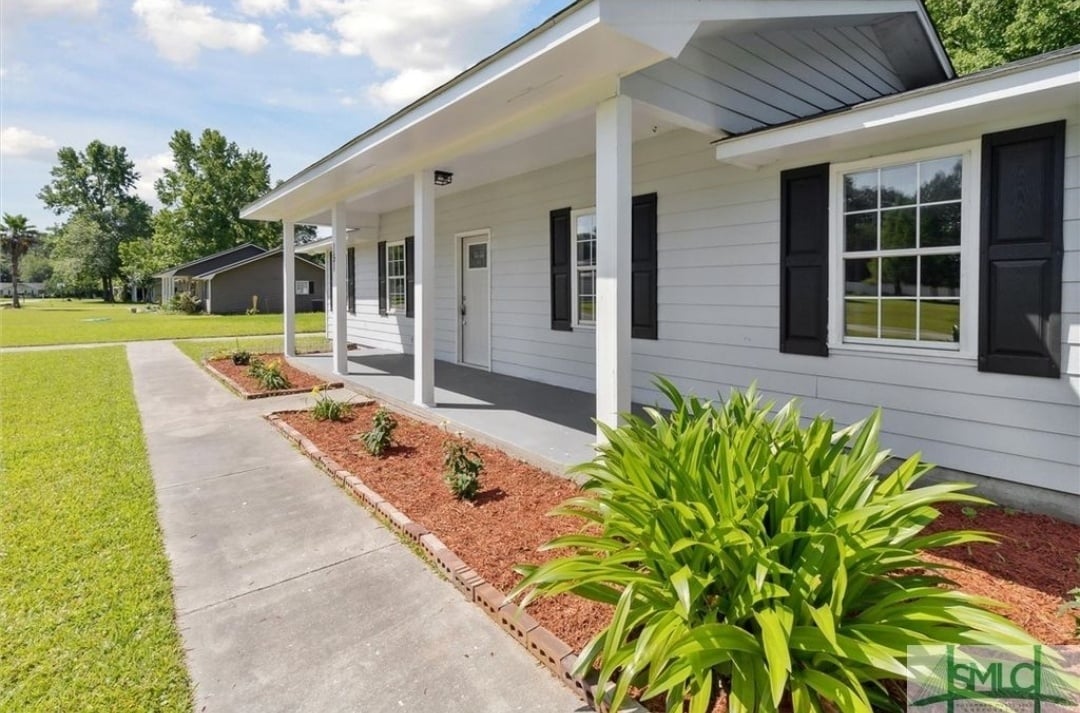Navigating the lending landscape can be perplexing, particularly for those who aren't well-versed in the various loan options and their respective purposes. While many people are acquainted with standard financing options, there are several specialized lending choices tailored to unique needs. Take bridge loans, for instance, which are often a go-to for quick cash in real estate deals.
Related Blog: How To Prepare for a Fix-and-Flip Loan
Specifically, bridge loans are a popular choice among real estate investors and house flippers. They're also a viable option for individuals caught in the transitional phase between selling an existing investment property and buying a new one. Moreover, bridge loans can fund other types of projects too. However, before settling on a lender and applying for a bridge loan, it's crucial to weigh the advantages and disadvantages of this particular lending option to determine if it's the right fit for your financial needs.
What is a Bridge Loan?
A bridge loan is a short-term financial solution used in real estate transactions. It’s aimed at assisting investors who intend to purchase or refinance an investment property.
This type of loan is called a first-lien mortgage and is usually taken for a term of two years or less, but can extend up to five years. It is commonly used to finance the purchase of a property or short-term construction and rehabilitation projects before obtaining long-term financing or selling another property. This loan category is generally applicable for single-family, 1-4 family, and small-balance multifamily property types.
A bridge loan effectively is a bridge to allow the investor time to execute their investment strategy. It's a solution that enables you to take advantage of an attractive deal in the housing market without being bound by long-term loan requirements.
How Does a Bridge Loan Work?
A bridge loan is a type of short-term financing that helps to fill the gap between two longer-term financing events. This type of loan is commonly used in real estate purchases, business expansions, or IPO preparations, where quick access to funds is needed to take advantage of time-sensitive opportunities. Bridge loans typically have higher interest rates and must be paid back within a short timeframe, usually within a year or upon securing the next round of financing.
For example, let's say a real estate investor wants to buy a commercial property that is expected to appreciate quickly, but has insufficient capital to close the deal. In this situation, a bridge loan can provide the immediate funds needed to make the purchase. The expectation is that the property will eventually be refinanced, sold, or transitioned into long-term financing.
Benefits Of This Loan
Bridge loans are a great option for quick financial solutions in the real estate industry because they can be arranged within 5-14 days. These loans can help with profitable property ventures such as buying properties below market value or financing a fix and flip. Bridge loans are versatile and can help with complex scenarios, especially when working with a knowledgeable private lender. However, it is important to approach these loans with caution, maximizing the benefits and being aware of the potential risks.
At SkyBeam Capital, we understand the importance of investing in real estate and provide our clients with the knowledge and resources they need to make informed decisions. Our team of experienced professionals can help you find the right opportunity and guide you through the entire process. So, if you're ready to take the plunge and get into real estate investing, let us help you make it a reality. Contact us today to get started.





.webp?width=851&height=771&name=Location%20Guide%20Cover2%20(1).webp)

